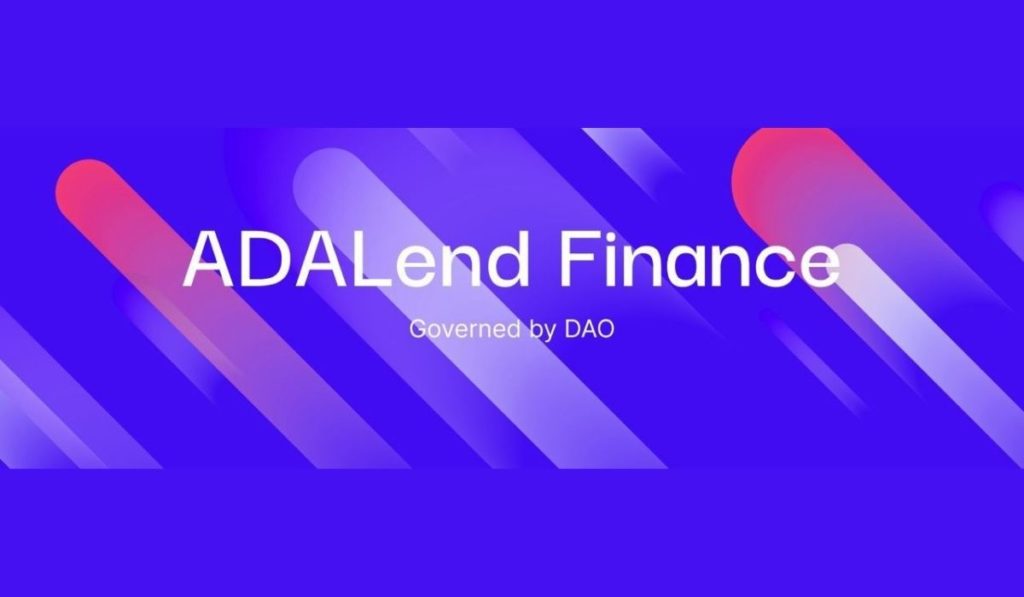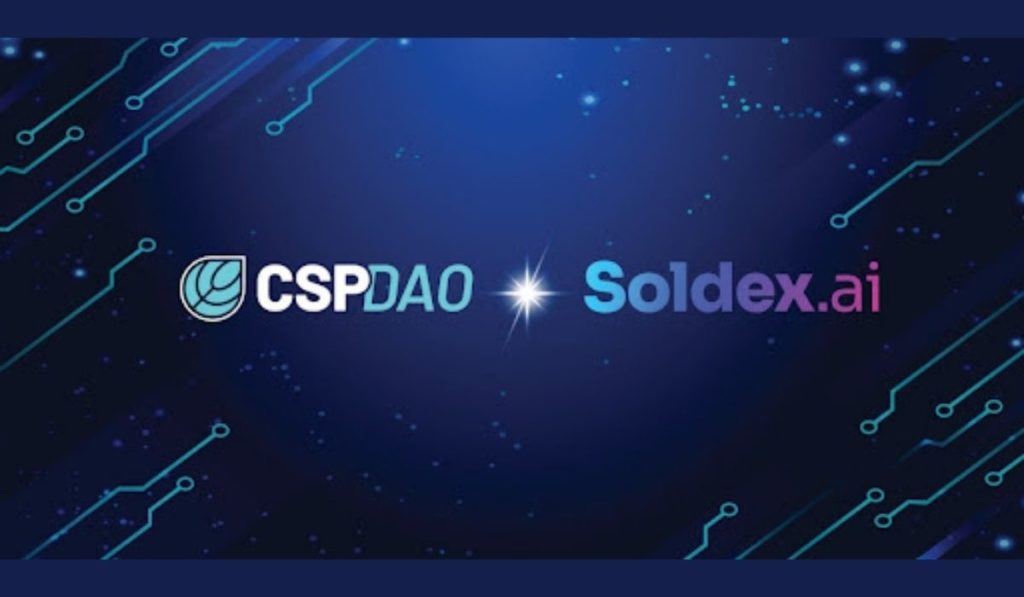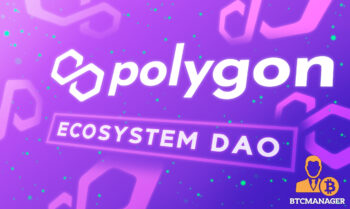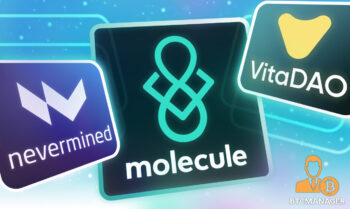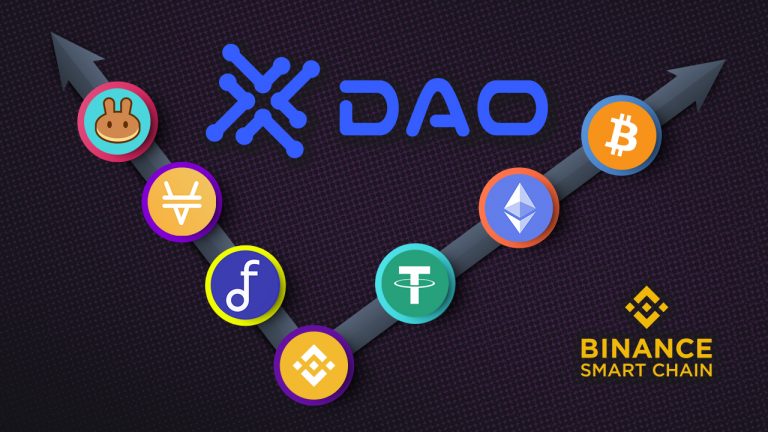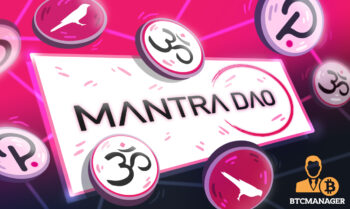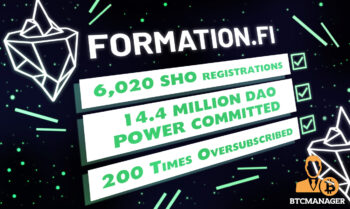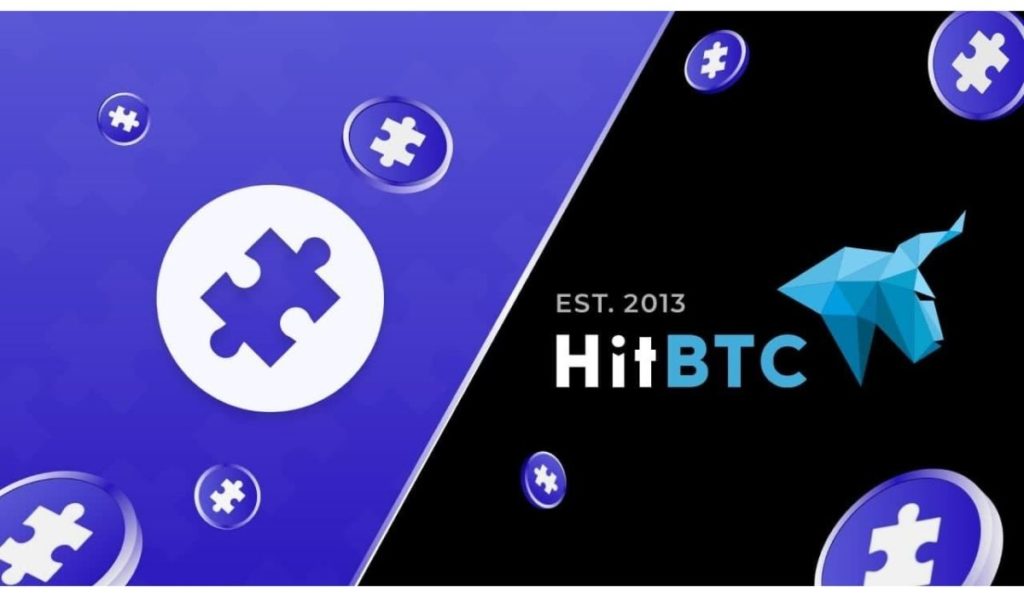2021-11-4 14:59 |
HECO, a decentralized, EVM-compatible public chain, today announced the launch of its Decentralized Autonomous Organization, or DAO. The aim of the DAO is to initiate the decentralized governance of major issues on the network, such as technology, assets, and ecological development, with the goal of accelerating the decentralization process, improving safety, and furthering the autonomy of the community and development team involved in HECO.
A DAO is a form of governance that gives specific privileges, including members’ voting rights, so they can confer and agree on critical decisions regarding the project. In the HECO DAO, the master node is assigned proposal initiation and voting rights, while decisions regarding HECO assets, technologies, and ecological development are initiated and voted by the master nodes, with the HECO developer team implementing the agreed-upon decisions. Furthermore, all processes approved by the DAO are carried out on the chain.
The governance rules of HECO DAO are as follows:
For major proposals, two or more major nodes can initiate the decision to vote, with each major node holding one vote. The final result must have at least 51% of the total vote. Once decided, the results are executed by the HECO developer team.
Regarding time-value asset security issues or other emergencies, the HECO developer team is granted an emergency “freezing right” from the major node. The HECO developer team can immediately freeze the suspicious account, and initiate a vote within 48 hours of the incident to unfreeze or continue to freeze the suspicious account. From there, the user of the frozen account must provide the request identification/materials to unfreeze their account. All of this is to guarantee the effectiveness of handling emergency security issues and ensure the safety of user assets on the HECO chain
The HECO DAO was created to address four main areas:
Asset behavior, such as the emergency freezing of node income distribution, asset security and other special circumstances, asset processing, asset processing requests for users to transfer assets to the contract by mistake, etc.
Code updates, including technology upgrades, security announcements, etc.—all of which apply to HECO’s core protocol.
Node election, such as rule adjustments and suggestions, requests for participating nodes, etc.
Protocol deployment, or access to projects on the chain.
“HECO DAO will also carry out other functions in the future, including managing ecological resources, choosing developer and ecosystem partners, and coordinating the community members’ activities,” said Leo Su, head of HECO. “HECO DAO will support high-quality projects through investments and support, as well as lead partner expansion, user incentive distribution, and support for the HECO developer team.”
Bitcoin price in Telegram @btc_price_every_hour
Decentralized Machine Learning (DML) на Currencies.ru
|
|
